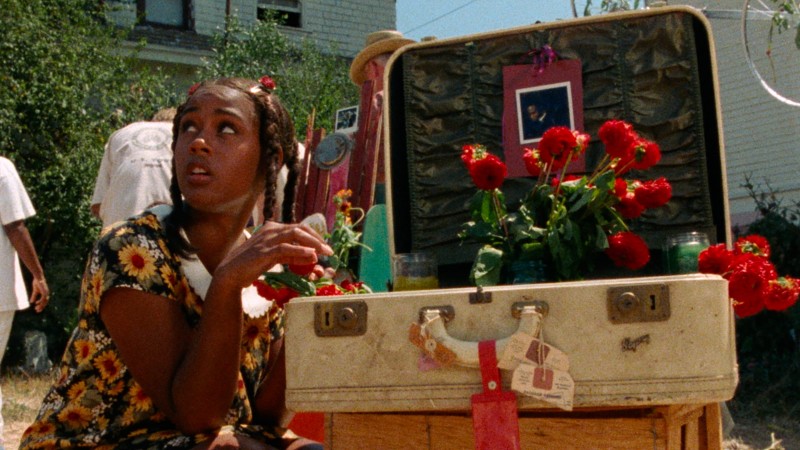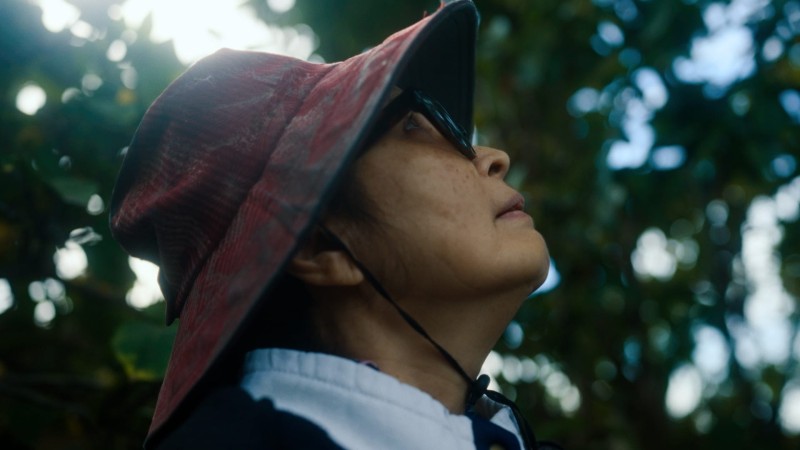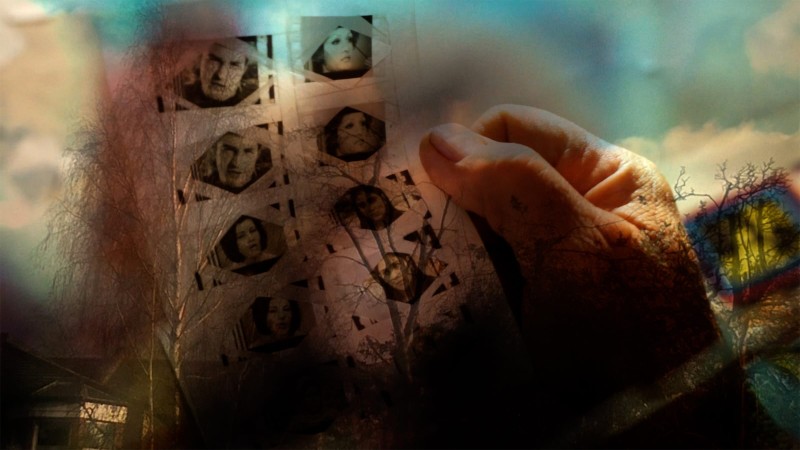Ingmar Bergman Interviews Himself

This self-interview by Ingmar Bergman first appeared in Filmnyheter, a publicity magazine issued by the Swedish production company Svensk Filmindustri, to coincide with the opening of Summer with Monika. It was translated for Criterion by Birgitta Steene, Professor Emerita in Cinema Studies at the University of Washington and the author of several books on Ingmar Bergman.
What was it like making Monika?
I didn’t make Monika. [Source novel author and coscreenwriter Per Anders] Fogelström bred her in me and then, like an elephant, I was pregnant for three years, and last summer she was born with a big ballyhoo. Today, she is a beautiful and naughty child. I hope she will cause an emotional uproar and all sorts of reactions. I shall challenge any indifferent person to a duel!
A wild paternal love, indeed!
For most people, a film is a short-lived product, like soap, matches, or polished false teeth. But not for the film director. He lives with his opus (like the devil, he does) until opening night, when he unwillingly surrenders it to the public.
Does it have to be like that?
For me it does. A film causes me so many worries and such a lot of reactions that I have to love it in order to get over it and past it.
There are also sensible directors.
Of course, sir. I have heard of several such individuals who are both wise and reasonable and who also behave almost like decent people, even when making a film.
And you despise them?
I don’t envy them. They have a tougher time than those of us who have lost or have never owned a pair of decency’s long underwear or the gold-rimmed glasses of critical reason or the rustling starched shirt of wise afterthought.
Poor film, poor actors, poor etc.!
Not at all. If you look carefully, you’ll see a little thing sticking out of my head.
Do you mean, sir, the tip on your beret?
Beret! What you, sir, call the tip on my beret is not a tip on a beret but a radar. With this radar, I make my movies, and it has never been inferior to the aforementioned underwear, glasses, or starched shirt.
A few strandings . . . in foggy waters . . . treacherous hidden rocks. Hmm!
Remember that technique improves over the years. Also, radar has its childhood diseases. But let’s talk about Monika!
From what I’ve heard, it includes the obligatory Swedish nude swimming.
I haven’t heard that nude swimming has become obligatory in Swedish filmmaking. But I think it should be.
Aha!
In a country where the climate seldom gives you an opportunity for anything but a tub bath, ice bath, or Finnish sauna—except possibly once or twice a year—we ought to be given, through the cinema, the illusion of some idyllic region where well-shaped young girls splash about as God created them, without getting goose bumps all the way down to their toes.
And so, Mr. Bergman, the nude swimming in your film has not provoked the production management?
Dr. Dymling [Carl Anders Dymling, Bergman’s producer at Svensk Filmindustri] has not raised any objections to those scenes. Per Anders Fogelström has found them to be in the spirit of his book. We actually thought it was fun to make them (except perhaps Harriet Andersson, who was freezing cold the whole time and had to be sawed or thawed loose, but who sacrificed herself for art).
So do you want to say anything with this film?
If we have to bore the readers with the so-called message of a film, then let’s make it brief. In four words and in Fogelströmian . . .
?
Get out! But return!
Mr. Bergman, you seem to believe that film and literature shouldn’t have anything to do with each other. But Monika is a novel! Isn’t it?
Now, if I feel like being inconsistent, that’s my own business and not meant to annoy people. In this case, the novel was actually a film synopsis long before it became a novel. Besides, Fogelström has been an understanding, loyal, and in all respects great colleague. He may not write with an ambition to achieve immortality, but whoever says anything depreciative about Fogelström [a popular writer] I’ll challenge to a du—
Any beautiful moment from the shooting of the film?
As always, one forgets the hard work and remembers the fun. In this case, the skerries. We—
Make it short!
One morning at six o’clock, we were on our way to location, the engine of our little boat, the Viola of Ornö, thumping across the still waters. The horizon at sea fused with the sky, the islets stood like floating octopuses in all that soft white. Up above, the fiery button of the sun was burning. It was warm and unusually still; there wasn’t even a swell, not a ripple. It was like eternity itself. It was like being in eternity. The smell of the sea, the quivering in the hull, the murmur around the stem, and the high silence—the summer of eternity.
And then what happened?
Nothing. That was it.




